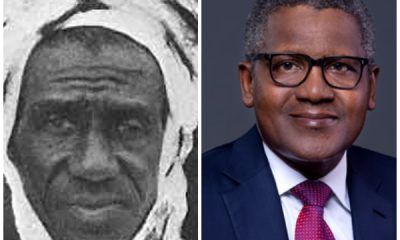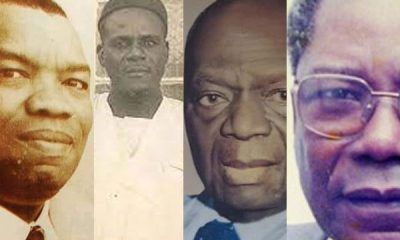General
20 Things To Know About Nigeria’s 3rd Richest Man, Abdul Samad Rabiu
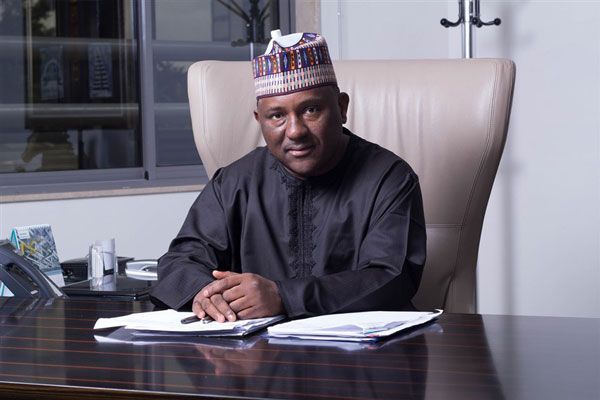
-
READ ALSO: Top 10 Richest Women In The World (2021)
- Abdul Samad Rabiu was born on 4 August 1960 in Kano, Nigeria.
- Rabiu is the founder and chairman of BUA Group, a Nigerian business conglomerate. Through its subsidiaries, it does business in real estate, steel, port concessions, infrastructure, manufacturing, oil, agriculture, food, mining, gas and shipping.
- His late father, Khalifah Isyaku Rabiu, was one of Nigeria’s foremost trader and industrialists in the 1970s and 1980s. In the late 1970s, his father was a key sponsor of the National Party of Nigeria(NPN), which became the ruling political party after the country returned to civilian rule following the elections of 1979.
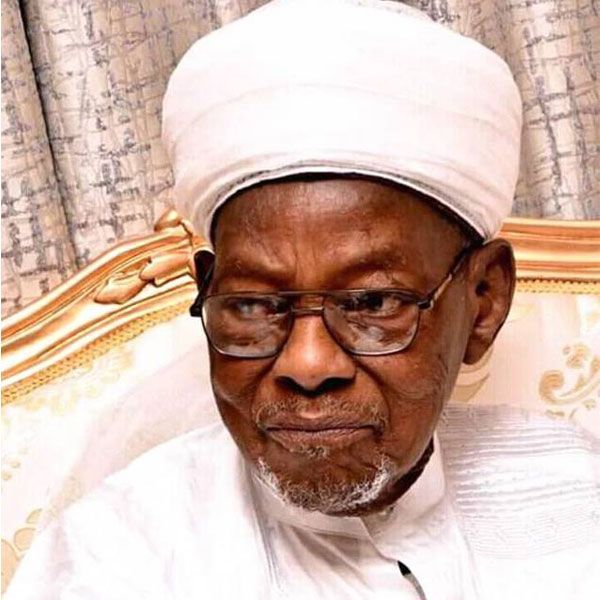
The late Khalifah Isyaku Rabiu
- Abdul Samad Rabiu holds a Bachelor Degree in Economics from Capital University in Columbus, Ohio.
- At age 24, he returned to Nigeria after completing his bachelor degree to oversee his father’s businesses. This was when his father, Isyaku Rabiu, was being detained by the administration of General Muhammadu Buhari for allegedly not paying rice import duties.
- In 1988, Abdul Samad Rabiu established BUA International Limited. Its sole purpose was commodity trading. The company imported rice, edible oil, flour, and iron and steel.
- His big break came in 1990 with a $20 million contract with the Federal government-owned steel company, Delta Steel Company.
- In the 90s, Rabiu invested in Tropic Commercial Bank, which operated in Nigeria. He became the chairman of the bank after buying a majority shareholding.
- In 1995, BUA acquired Nigeria Oil Mills, a peanut processing company in Kano, for more than $20 million.
- In 1997, BUA Flour Mills’ first factory was established in Lagos. The Kano flour factory was launched in 1998.
- Abdul Samad Rabiu is the chairman of the Nigerian Bank of Industry (BOI).
- In 2013, Abdulsamad joined the global billionaires club when Forbes estimated his wealth at $1.2 billion.
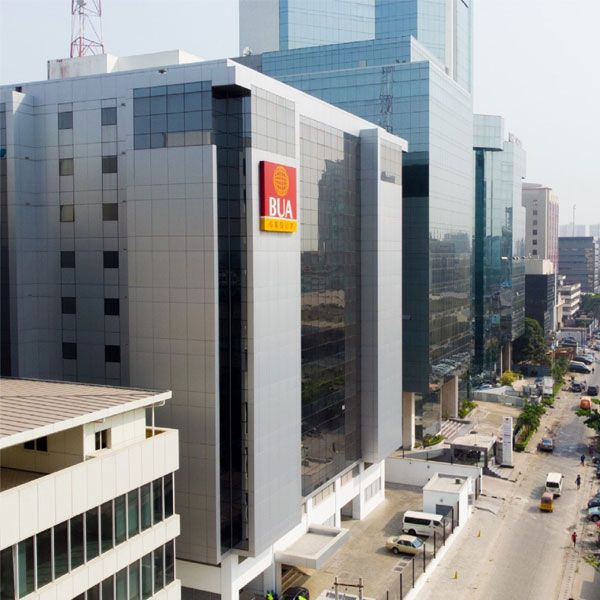
BUA Group Head Office, Victoria Island, Lagos
- Rabiu has massive investments in real estate. He owns properties in Britain, worth $62 million, and in South Africa, worth $19 million.
Abdul Samad Rabiu
- Abdul Samad Rabiu uses BUA Foundation for his philanthropic activities, he contributed towards the the construction of a 7,000-square-meter pediatrics ward at the Aminu Kano Teaching Hospital and the construction of the Centre for Islamic Studies at the Bayero University in Kano amongst several others.
- His BUA Group also owns the ship BUA Cement 1. The ship is a 200-meter long vessel designed for heavy loads. It is Nigeria’s first floating terminal.
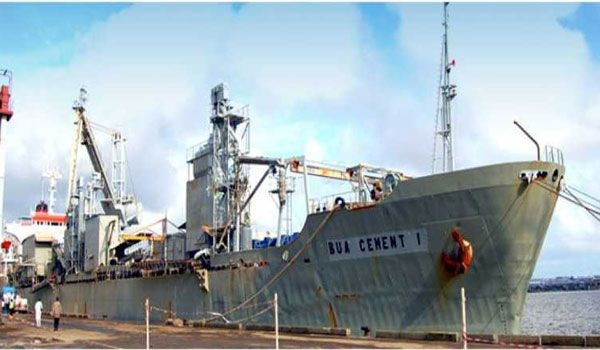
Photo Credit: Google
- By 2008, Abdul Samad Rabiu’s BUA broke an eight-year monopoly held by Aliko Dangote in the Nigerian sugar industry by commissioning the second-largest sugar refinery in sub-Saharan Africa.
- In 2009, BUA went on to acquire a controlling stake in a publicly-listed Cement Company in Northern Nigeria (CCNN) and began to construct a $900 million cement plant in Edo State, completing it in early 2015.
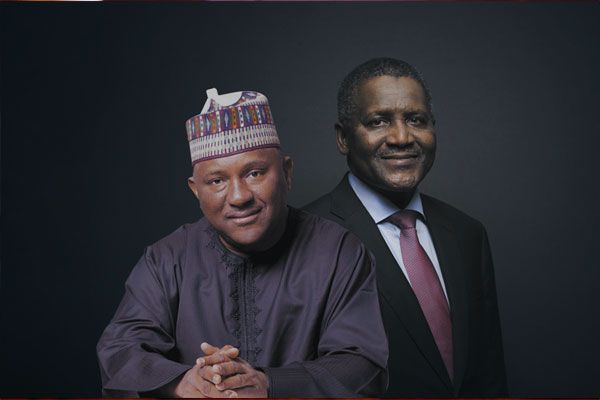
- Rabiu and Aliko Dangote had been fierce business rivals. Aside from being major players in the same sectors of the economy (cement, sugar and flour, oil and gas) they both hailed from Kano State.
- Rabiu and his son together own about 97% of the BUA Group, giving the company a tiny public float. The Nigerian Stock Exchange requires that either 20% or more of a company’s shares to be floated to the public. Alternatively, the company can float shares worth at least 20 billion naira — about $50 million.
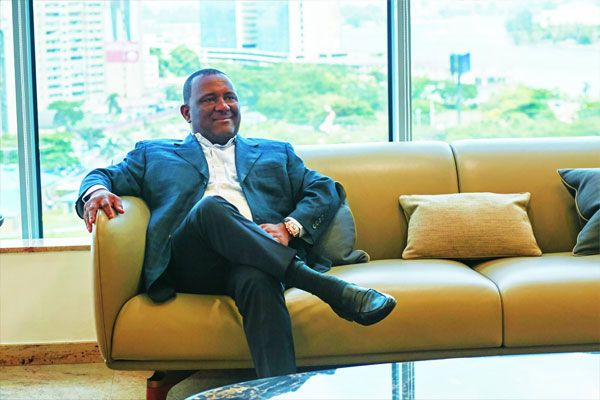
Photo Credit: Forbes Africa
Discover more from Jojo Naija
Subscribe to get the latest posts sent to your email.
Continue Reading

